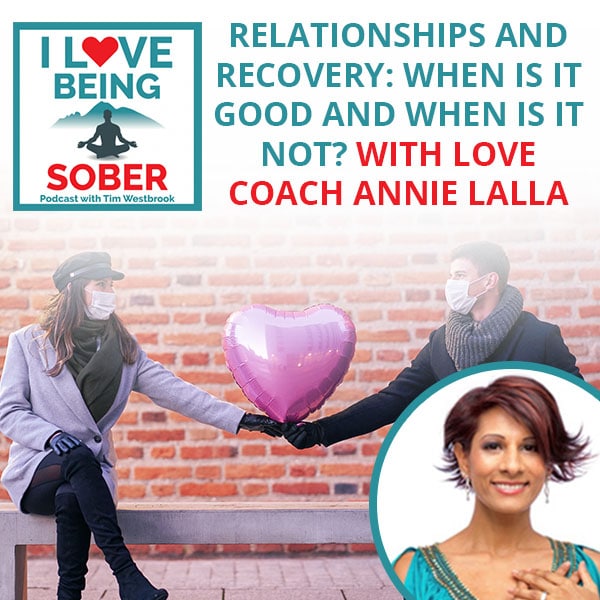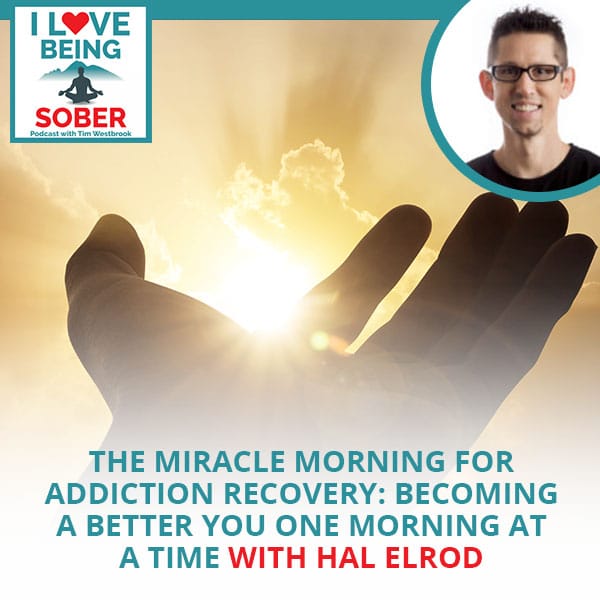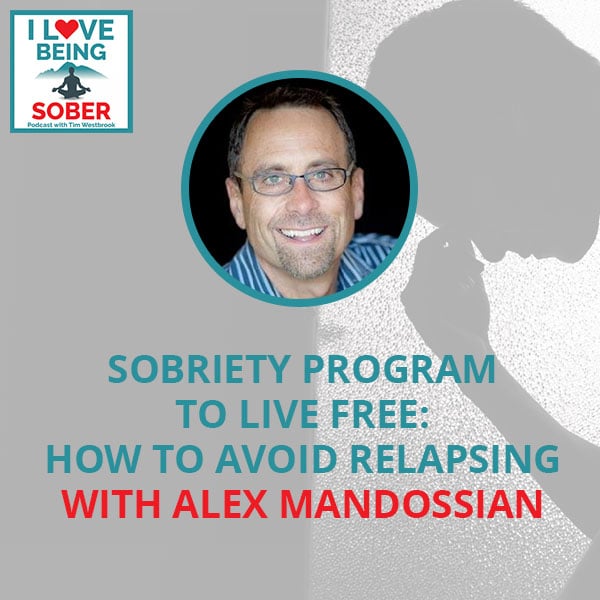Dr. Mel Pohl reveals his personal struggle with drugs and alcohol and how even professionals suffer from addiction, as well as the truth about chronic pain. Discover some incredible facts about the opioid crisis, and if you suffer from chronic pain,…
—
Dr. Mel Pohl reveals his personal struggle with drugs and alcohol and how even professionals suffer from addiction, as well as the truth about chronic pain. Discover some incredible facts about the opioid crisis, and if you suffer from chronic pain, how your life can be better than you could possibly imagine.
- There are a lot of myths surrounding the opioid epidemic and chronic pain in general.
- Pohl was born in New York and studied at the University of Michigan. After training at the University of Buffalo Medical School, he moved to Las Vegas and has been there working in a variety of clinical settings for the past 35 years..
- Mel started experimenting with drugs and alcohol in college and eventually cannabis became his drug of choice. He dabbled with other harder drugs like cocaine but cannabis was the hardest drug for Mel to give up.
- He’s quite concerned about marijuana as a drug right now because the marijuana that he got addicted to was only about a tenth as potent as what is currently available on the market.
- Mel’s addiction lasted until several years into his residency. He recalls using between calls and having very little respect for the clarity of mind his position required.
- When you have an addiction, there is usually a voice in your mind that justifies your actions. It wasn’t until Mel worked in a treatment program, learned about alcohol and addiction and found some mentors, that he realized he had a problem.
- Alcohol became Dr. Mel’s biggest addiction and caused the most issues in his life and work. When you’re in the middle of an addiction you don’t realize some of the ridiculous things you do, especially in a professional environment. It’s not until after you get sober that you see your behavior for what it was.
- Not everyone is a low-bottom drunk. From all outside appearances, it may look like they are successful but on the inside they’re empty. There are a lot of professionals struggling with an addiction to alcohol.
- The data suggests that for an addict, profession is one of the last elements of their life to fall. Family and relationships, self care, and self esteem all fall by the wayside before the ability to stay employed suffers.
- Earning a living financially is a way for many people to justify to themselves that they don’t really have a problem.
- Mel’s life was on the verge of disaster. It was only a matter of time before it all fell apart, but he was lucky to realize that he couldn’t keep up the lifestyle and needed to change.
- Mel started going to Alcoholics Anonymous meetings to learn how to be a better doctor, but in the process he started to hear stories and experiences that he could identify with.
- After getting sober, Dr. Mel found himself in perpetual pain and he struggled to stay sober. It wasn’t until a friend insisted that he attend an AA meeting with her that he found solutions to the problems he didn’t even know he had.
- When Mel decided to get sober he was committed but he didn’t know how to actually live that life. He wasn’t happy about it but he knew people that seemed very happy with their sobriety and he understood the impact of addiction on the health of the brain, so in some ways Mel’s situation and training were pretty unique.
- Mel developed a chronic back pain problem and in his journey attempting to treat it, he encountered a number of people suffering from opioid addiction. Those experiences led him to develop a program for people with chronic pain that has now been running for 13 years.
- Acute pain is related to injury and is purposeful. It’s meant to prevent an action that causes damage to the body. The trouble is the belief that chronic pain is basically the same process extended out over time.
- Opioids and surgery are not good solutions for chronic pain because they don’t address the thoughts and feelings of the pain or the mental issues that could be contributing to the problem.
- All pain is real, but thoughts and feelings are the genesis of that pain. Emotion and pain both come from the limbic system within the brain and the emotions associated with the pain can be changed.
- Challenging the cognitive distortions around pain is the first step of Mel’s program. Dealing with the fear associated with the pain is important to making any sort of progress because whatever you believe about yourself often becomes true.
- Expectations influence outcomes. Pessimists may have a more realistic view on what’s happening, but optimists generally do better. Placebos are almost as effective as opioids in treating chronic pain.
- A substantial part of any good physician’s job is being a cheerleader and helping the patient believe in their ability to heal and get better.
- Just as there is a circuit of addiction, there is a circuit of chronic pain that reverberates inside the human brain, and the treatment is uncoupling the stimulus from the response.
- Opioids are not just problematic for addiction, they are generally very ineffective for pain. Even when they work to treat the pain, the relief is only temporary and this leads to an increased tolerance to the drug. As the cycle continues, the odds of getting addicted only get higher.
- Opioids can also actually cause pain to increase in the long run. Not starting at all is the only solution without major long-term consequences. Every treatment plan needs an exit strategy, but that’s not very common among opioid prescriptions.
- If more doctors talked to their patients about the quality of their lives, they would realize the gradual degradation they are causing by constantly prescribing these opioids. These questions are more than a 15-minute pain consultation really allows for.
- Most pain doctors are so swamped and don’t have the skill set they need to actually treat the root cause of their patient’s problems. Making it harder for doctors to prescribe opioids without giving them the tools to treat pain would leave many patients in a tough spot.
- One of the most important things you can do for your chronic pain is get moving. Pain in this case doesn’t necessarily mean harm so movement is crucial. Mel’s program integrates many different forms of stretching and exercise in addition to the stress reduction techniques, spiritual, and mindfulness practices.
- Dealing with addiction involves more than just a single issue, it encompasses all areas of a person’s life.
- In these Covid-19 days, Mel is seeing an uptick in stress as people’s support systems become compromised. He’s also seeing a rise in relapses in the face of the pandemic.
- Anxiety causes pain, so anything that helps you down regulate your anxiety is a good way to diminish your pain.
- If you suffer from chronic pain and take opioids to manage, your life can be better and more enjoyable than you can possibly imagine, but it takes some work to get there.
Mentioned in this Episode:
The Pain Antidote by Mel Pohl, MD





